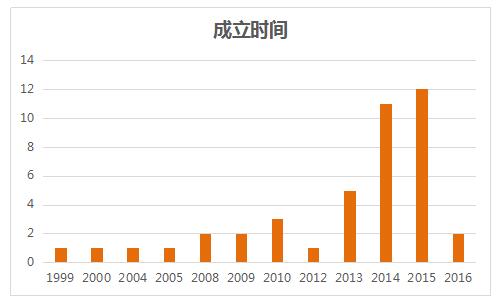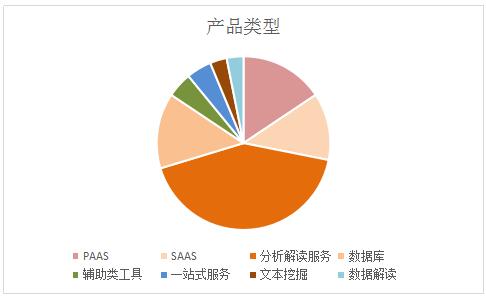In the 2016 China Top 100 Medical Futures list, the field of genetic testing has sprung up, with 18 companies listed, which are the most listed companies in the fields involved. Among them, Huada Gene is estimated at RMB 20 billion. Ranked first. As the cost continues to decrease and the concept of genes becomes more and more popular, genetic testing companies are exploding in the medical and health industry with innovative genetic technologies. On the other hand, precision medicine was written into the “Thirteenth Five-Year Planâ€, and the NIPT pilot program was abolished. The favorable policy environment also provided a good soil for the growth of genetic testing companies.
On the one hand, the increasing popularity of genetic testing, on the one hand, is the increasing production of data on a large scale. With such large-scale data, how to store, analyze and interpret this becomes the bottleneck and barrier that the industry must break through. Human genome-wide data is about 3 billion characters. In order to ensure the accuracy of interpretation, it is customary to read each character more than 30 times, equivalent to 100 billion characters. This is calculated, and without analyzing and interpreting, reading data is a great project.
The genome-wide detection cycle of well-known genetic testing companies in China is 3 months, from sampling to sequencing, which takes one month, and the remaining two months are used in the analysis and interpretation of data. In 2017, global sequencing giant Illumina launched the NovaSeq sequencing series, which again set a new low for sequencing costs. This means that a large wave of data is approaching. How to find a more efficient data processing solution, how to improve the speed of data interpretation, will undoubtedly be the next topic in the industry.
The author has combed 42 genetic data analysis and interpretation of related companies in the segmentation field, hoping to cut through the industry and analyze the status quo of the industry.
Based on start-ups, no unicorns appear

More than half of the 42 companies were established after 2010. Early establishments, such as Huada, Berry and Kang, and Huayinkang, have a relatively comprehensive business, so in the strict sense, there are no unicorns in this industry. Companies like Safford Gene, Huadian Cloud and Judao Technology, which are mainly engaged in data services, even start-ups with the core of biotechnology and information technology as human beings and the future are established in 2013. Before and after. Beginning in 2013, genetic data service related companies began to become active. Of course, the impact of the overall base of the entire genetic testing field during this period is not ruled out. However, in recent years, like Baimai, Annoyouda's enterprises with the core business of sequencing services have begun to expand into the data field, which seems to indicate the general trend of data analysis.

At present, these corporate financing rounds are mainly concentrated in the Angel Wheel and the A round, and the scale is still relatively small. Twelve of the 42 companies are involved in business development, and seven of them are in the A round. Most of the B-round players in the market enter the market through business expansion. These enterprises are more representative of a market trend and cannot represent the maturity of enterprises in the market.
Product Service: "Cloud Service" is the trend

From the perspective of product distribution, traditional bioinformatics means still dominate, but cloud-based PAAS, SAAS and other cloud platforms are emerging. Undoubtedly, data computing, transmission and analysis on the cloud will save users a lot of hardware burdens, and at the same time, they can concentrate these aspects in one place, bringing users a more relaxed and efficient experience. Such a cloud experience is also being Become a trend in data processing.
ZHANGJIAGANG DINSHENGLIN TRADING CO.,LTD , https://www.dslhouse.com